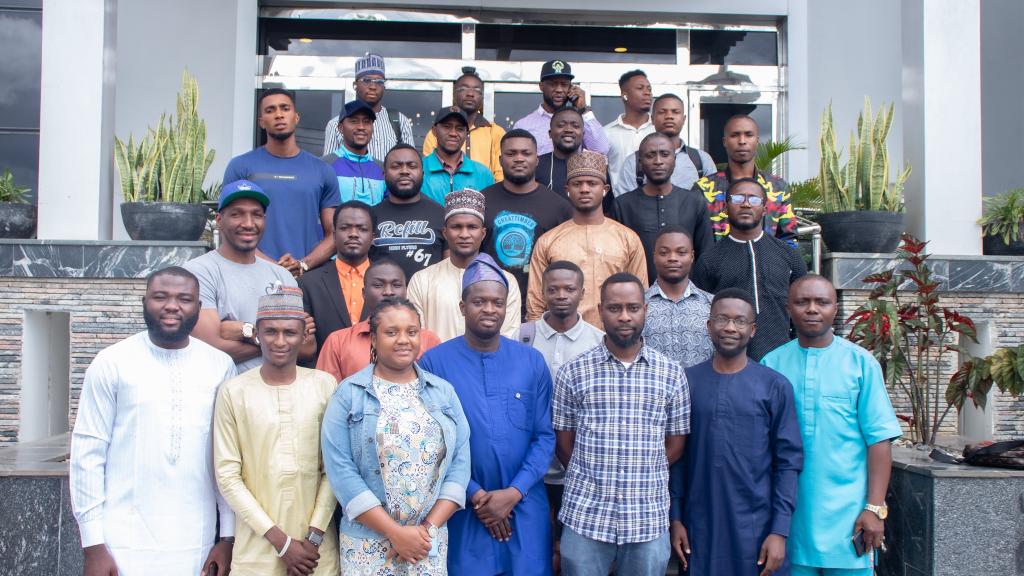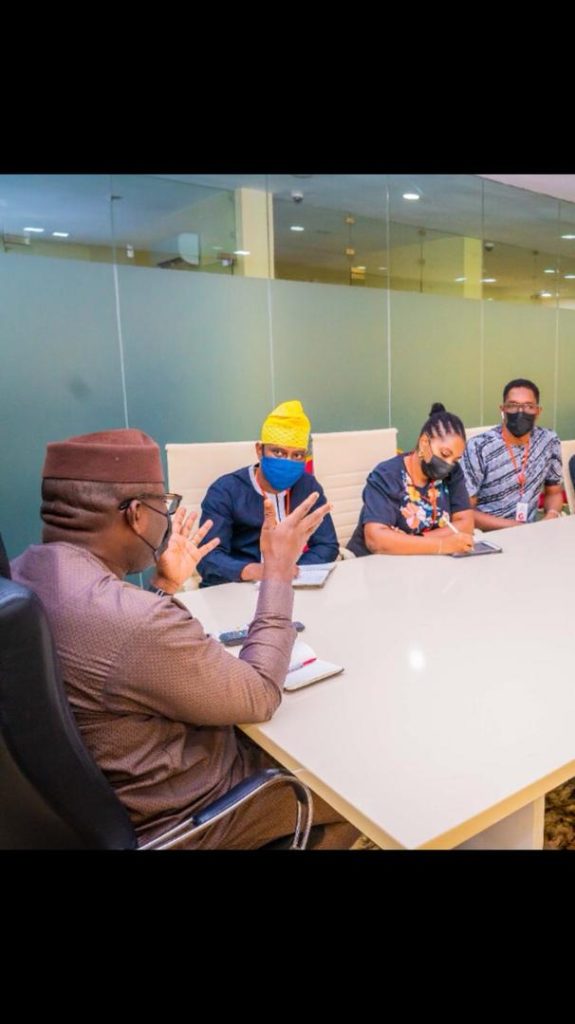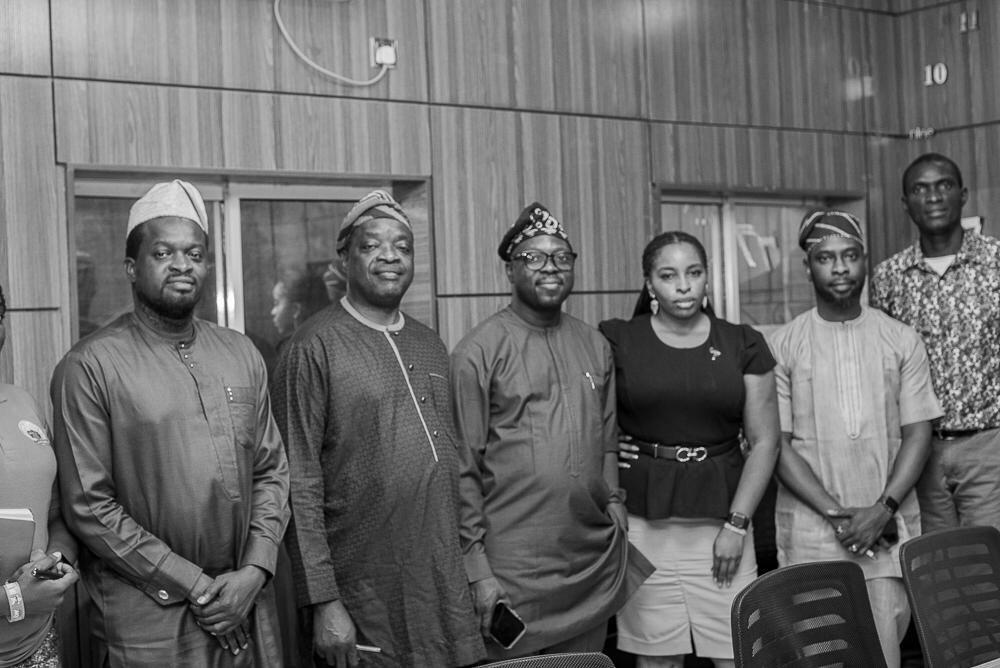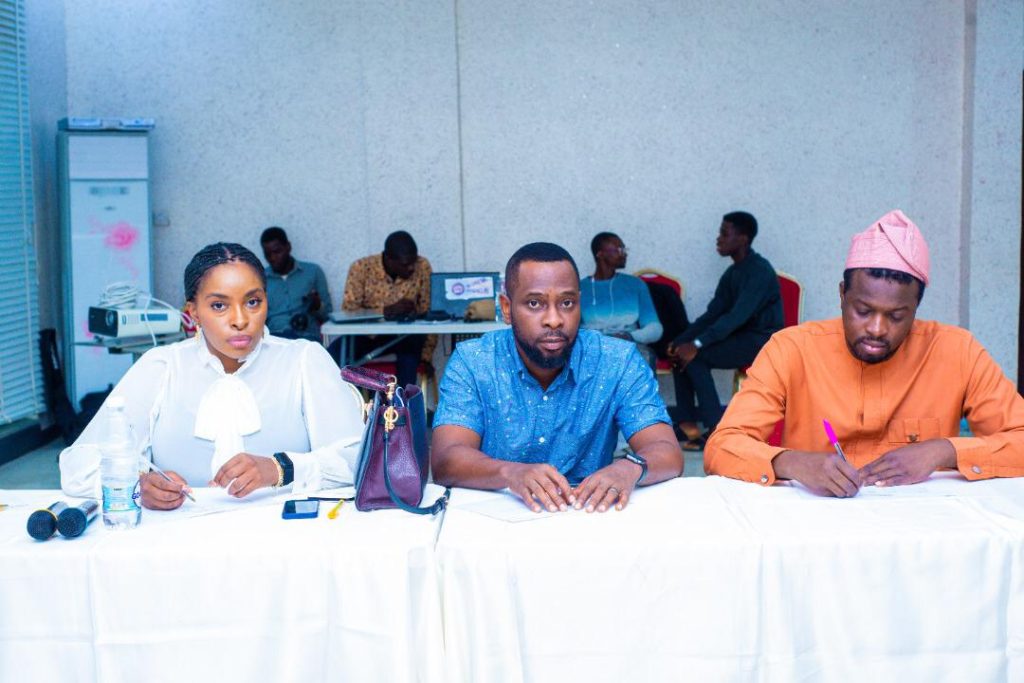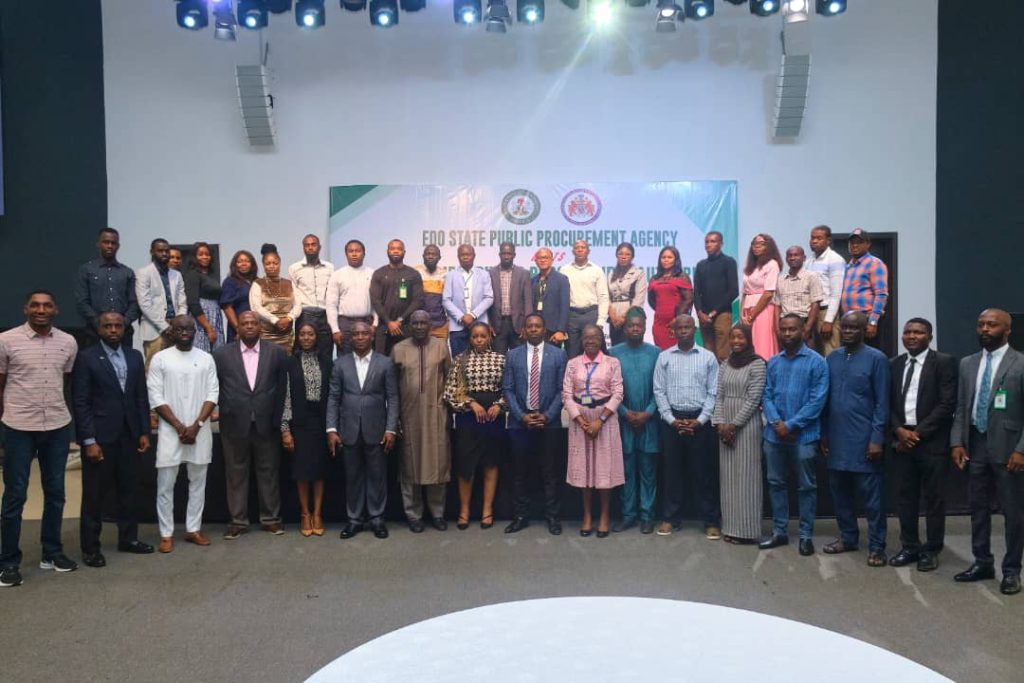Tunde Akanni
It’s a good omen perhaps for Ghana that its just concluded election on the eve of World Anti-Corruption Day was devoid of tension even as the will of the people triumphed. The ruling party was roundly defeated. Interestingly, conceding defeat by Vice-President Bawumia was not much of a task at all. “We have conceded defeat like any consummate democrat. But we have not abandoned the fight to transform Ghana” , Vice President Bawumia declared. So, it’s a new dawn in Ghana. Congratulations to Ghanaians on the triumph of the people’s power.
The battle is however far from being over taking a cue from the Nigerian experience. Ghanaians must not go to sleep yet. Indeed, replacing a non performing party is the real start for serious policing of the new government. The new Sherrif in town must be meticulously monitored. Thankfully, the world, courtesy of technology, is becoming increasingly transparent, so there is no hiding away for too long by any government or their functionaries with any indecency.
Ghanaians need be reminded that Nigerians performed a similar feat in 2015 believing wrongly in the possibility of consistency of politicians. The PDP government of President Jonathan had done everything possible to register the incorrigibility of his team with incidents of degeneracy of governance everywhere. His party did not seem bothered while the man at the head of the government betrayed unprecedented incompetence in government in Nigeria. The media, almost in unison, labelled it cluelessness.
The leading opposition party, All Peoples Congress, took advantage of the state of anomie inflicted on the nation by the sitting government. As a coalition of parties, they readily recognized the people’s major concern, which was corruption. They got a most persistent political figure with some outstanding profile in anti-corruption fight to lead the campaign as the presidential candidate. Muhammadu Buhari had been the head of a previous military government that prioritized anti-corruption as its main concern. Within its very short stay in power it registered its commitment to fight corruption but that did not endure enough to impact seriously on the country. The military government Buhari headed was toppled and the rest was history.
The general elections in Nigeria in 2015 was therefore another opportunity for Buhari to re-enact his commitment especially as the lethargic sitting government barely remained there to convince no one on its readiness to raise the falling hope of the people. The PDP government was roundly defeated giving way to the ascent of Muhammadu Buhari. The new government initially tried to signal commitment to good governance but was soon overwhelmed by its bad guys with manifestations of incompetence almost everywhere. Buhari’s party has remained in office.
A seemingly better prepared candidate of Buhari’s party, Asiwaju Bola Ahmed Tinubu, has taken over the reins of government following a most contested election followed with a protracted legal fight. The interesting thing is that Nigerians, particularly the opposition, have been relentless in spite of the legal victory. Nigerians have kept on pushing for the uprightness of governance fundamentals and the judiciary, though seemingly unprecedentedly embattled, has been making efforts to reassure that the will of the people shall triumph.
Citizens’ efforts to whip folks in government into line is more needed than ever before in Nigeria to activate good governance and see it impact on people. If governance had not been sufficiently impactful on the citizens, it probably had been because the third tier of the Nigerian federal system had not been quite functional. Its non-performance or under-performance has been largely due to corruption.
A Local Government Chairman in Ogun State, Hon. Wale Adedayo, refused to pretend that all was well after the electoral victory and spoke out loud enough. The Governor of his state, Dapo Abiodun, reckoned that Wale was rude and got his obviously lily-livered councilors to get him out with impeachment so he could continue to control the finance of not only the concerned LG but all the local government funding as had been the practice for long. But the illicit thought of that governor was not in tandem with the law.
The Federal Government appeared to have reasoned along with the ‘sacrificed’ Chairman Wale Adedayo. Wale’s head was like the proverbial stubborn head used to crack the coconut for the world to savour. FG later sought to formalize the LG financial autonomy and therefore headed for the court.
Subsequently, the Nigerian Supreme Court made a landmark decision on July 11, 2024, granting financial autonomy to local governments in Nigeria. This ruling directs that the 774 local government councils be allowed to independently manage their finances, collect revenues, and allocate resources without interference from state governments.
The court’s seven-member panel, led by Justice Emmanuel Agim, declared that the long-standing practice of state governors receiving and holding onto local government funds is illegal and unconstitutional. This decision upholds a lawsuit filed by the federal government, aiming to strengthen local government independence.
Expectedly, the Labour Party welcomed this decision, stating that it would put an end to the debate on whether local governments deserve autonomy to address challenges facing their constituents ³. The party emphasized that this autonomy comes with huge responsibility, and local government councils must ensure prudent management of resources.
This ruling is expected to enhance grassroots development, reduce suffering, and promote accountability at the local level. It is therefore now the turn of the people to insist on full realization of the supposed goal of the historic judicial pronouncement. As Nigerians would say, E get why.
A reinforcement also requiring citizens’ strong backup was yet another landmark judgement. Following the allegation of corrupt self-enrichment against Governor Yahya Bello of Kogi State, the Economic and Financial Crimes Commission, EFCC moved against the former governor. It turned out that the governor preferred dodging arrests and issues instead of coming out to clarify issues.
In what was a clear disregard for the doctrine of covering the field applying to parliamentary enactments at the federal level, the former Kogi governor enlisted the support of other state governments to outrightly deactivate EFCC. They went to court to seek its delegitimisation but ran into a brickwall. Sixteen in all, these states argued that the EFCC Establishment Act violates the Constitution . The Supreme Court, however, ultimately dismissed the suit, ruling that the EFCC Establishment Act did not require ratification by the Houses of Assembly of the 36 states . This put paid to their evil machination. It is a second grand fall for the governors in their anti-people posturing.
Citizens have therefore been reassured of sufficient basis to not only monitor the governors and their appointees but also the less entrenched Local Government, LG, officials who have just won the battle for financial empowerment. Indeed, citizens need not only pay more attention to the conduct of LGs for the welfare of the grassroots but also to accord proper honour to all heroes of the struggle including Hon Wale Adedayo, the most recent of them all.
As the world celebrates another World Anti Corruption Day Monday December this year, citizens in Nigeria and around the world should ensure they reckon with their votes as serious investment in the future of generations even yet unborn. It is never too early to activate the monitoring mechanism and no quantum of energy deployed is never too much.
*Tunde Akanni PhD, a member of the MacArthur-CITAD supported Social Influencer Action Group, SIAG, is an Associate Professor of Journalism at LASU. Follow him on X: @AkintundeAkanni
Last modified: December 9, 2024




